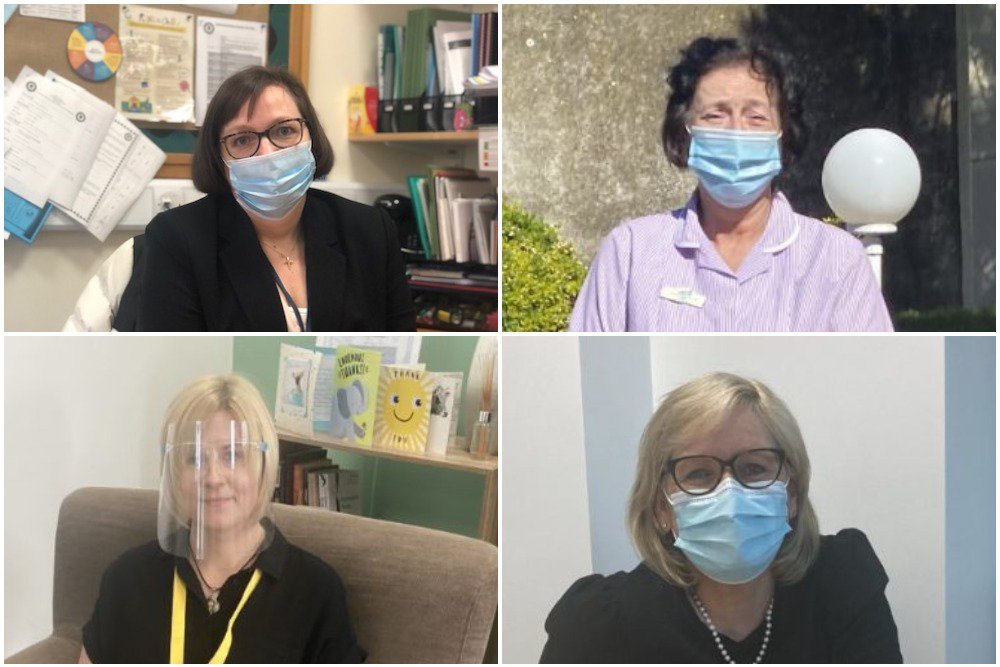
Jersey went into lockdown exactly one year ago - and we've been speaking to a few of those on the frontline to reflect on the last 12 months.
The Chief Minister announced at 7pm on 29 March 2020 that Jersey would go into a 30-day lockdown from 8am on 30 March 2020 to reduce the spread of Covid-19.
It came nearly three weeks after Jersey's first case of Covid-19 was confirmed, and five days after it was confirmed that a person in their 80s became the first to die after contracting the virus.
69 people have died in Jersey after being diagnosed with Covid-19.
Businesses and schools were forced to close and islanders were only allowed to go outside for essential food shopping, medical reasons, and to exercise for up to two hours a day.
That lockdown was eventually extended by two weeks, with the island starting its gradual exit from lockdown on Monday 11 May.
Restrictions gradually eased into the summer, which included schools starting to welcome back pupils from 8 June.
Katy McMahon, headteacher of Trinity School, says it was a very strange time:
"It was a challenge, and over the last year we have faced some huge challenges. No one leadership book or course has prepared us for the challenges we have faced - but we did it as a community. Reflecting back on the year, I feel privileged to be part of such a strong Trinity community, but also such a strong Education community."
Families had to get used to home-learning, with many parents juggling the demands of work and schooling.
Since schools reopened, children have adjusted to 'classroom bubbles' and heightened hygiene rules. Assemblies and parent meetings have moved online.
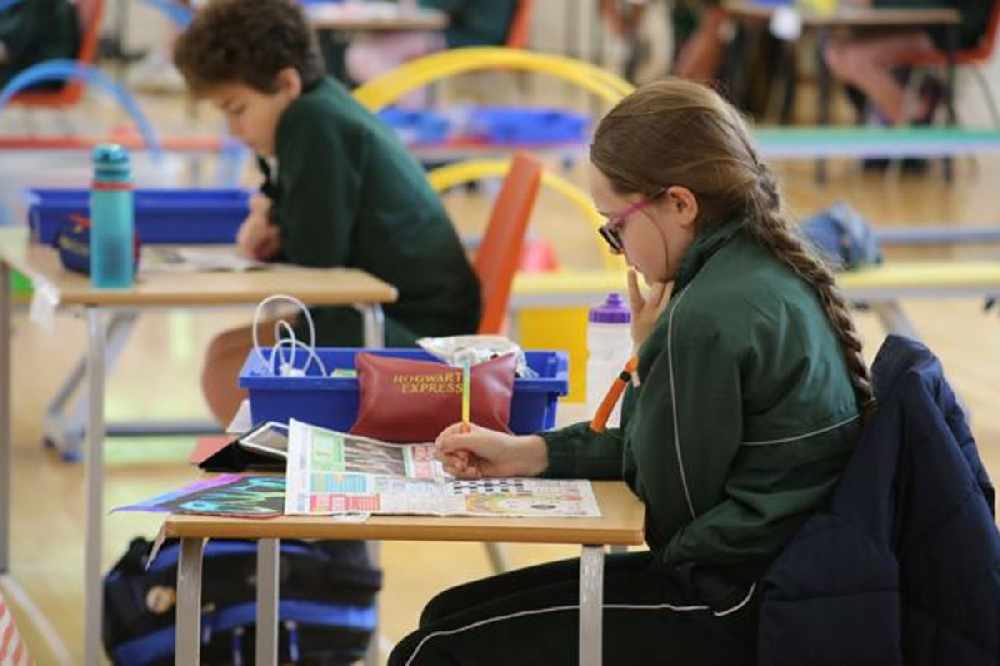
Mrs McMahon says, post-pandemic they will keep some elements of the measures they have had to adopt:
"We need to think about the positives from this. Our online meetings with parents have been really good. We are setting up some lunchtime Teams meetings now for parents to log in over lunchtimes to talk about areas of the curriculum, and that gives parents a different opportunity - they don't have to come to the school.
We are also using Google Classroom to show parents their (children's) homework and what they have been learning at school. Our outdoor learning will definitely be continued as we move forward."
What is she most looking forward to having back?
"When we can move freely around the school and the children can mix with each other... It will be really good to get the children out of their bubbles, when the time is right, to be able to mix again."
The Listening Lounge also reopened for face-to-face support in June.
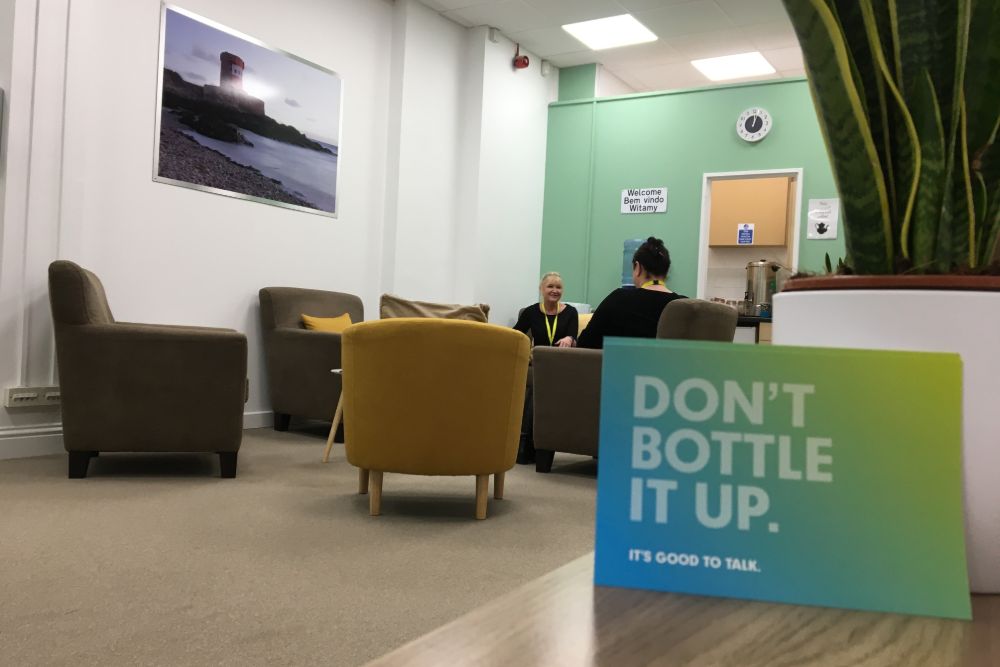
The head of the service says it's important that mental health remains a priority for the island as the road to recovery from the pandemic continues.
The number of people seeking support has doubled in the last year, to around 500 per month.
Lucy Nicolaou says the topic of mental health and wellbeing has being talked about in a more open and authentic way over the last year.
"I suppose that sort of shared experience that we've all been at times perhaps struggling with something or contending with some change or having to tolerate some uncertainty - so there is a unity in that, which I think has made it easier for people to initiate those conversations.
"Hopefully that's something that is going to be one of the positives from the past year is that that will continue and we will still be able to have honest, open conversations about our mental health."
Ms Nicolaou thinks demand for their services will continue to increase over the coming months - telling Channel 103 that there was a lot of anxiety when restrictions were first imposed, but there's just as much now as restrictions continue to be relaxed.
"People returning to work and returning to those usual stresses and demands that we are all under in life, really.
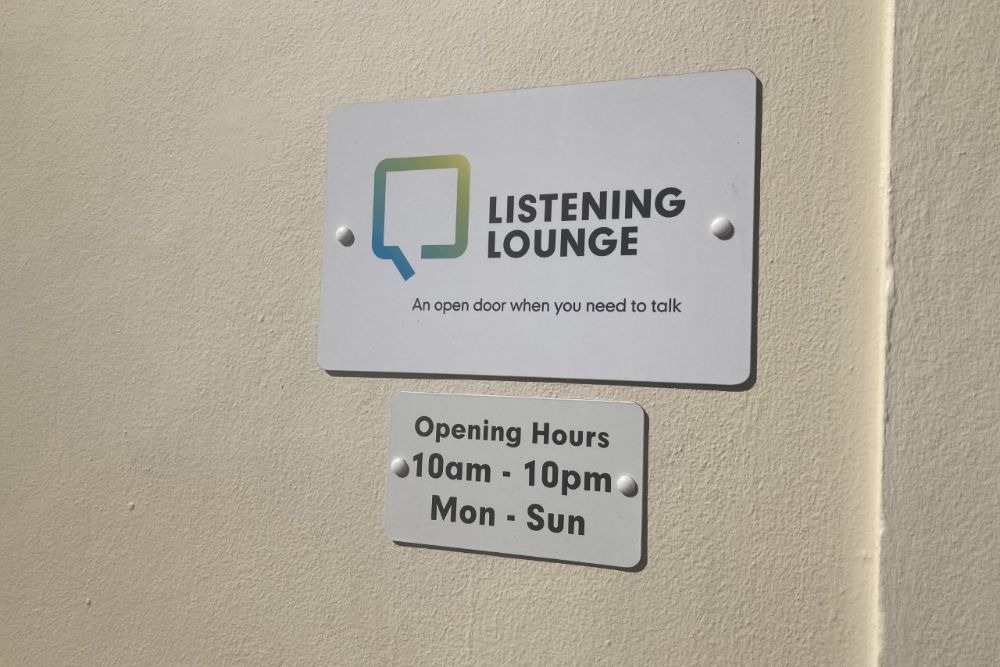
"We do want to encourage people to come and see us. It doesn't need to be a case of perhaps somebody even perceiving that they have a mental health problem, but perhaps they just notice that their wellbeing isn't quite where they like it to be or if they're just wanting to make changes or improvements on how they're feeling or how they're responding to certain situations."
Case numbers continued to plummet, with nobody known to have the virus in late June.
They started to rise sharply again from October - resulting in a high of 1,019 cases on 21 December.
Chief Nurse Rose Naylor says the learning from the first wave contributed to how well they recovered from the second.
"As an island, we didn't want to unnecessarily put people in lockdown too quickly and we recognise that does have an impact on people's mental health and general wellbeing.
"It's balancing all of the risks, so the decision-makers that made the decisions at the time had to take everything into account."
Care homes were closed to visitors in early December to allow residents to be vaccinated.
Elderly islanders were unable for most of the last 12 months to see their friends and family.
Ann McRandle, the interim manager of the Pinewood Residential Home, says she felt a huge responsibility to keep everyone in the home safe - and they worked really hard to just keep everything going.
"We're still, at this stage, in restrictions now but we've got used to it. We're opening up more now, residents are going out and I think the family members have welcomed that we have managed to keep everyone safe.
"We've had no Covid here and everyone (residents) has had their vaccine now which is really positive.
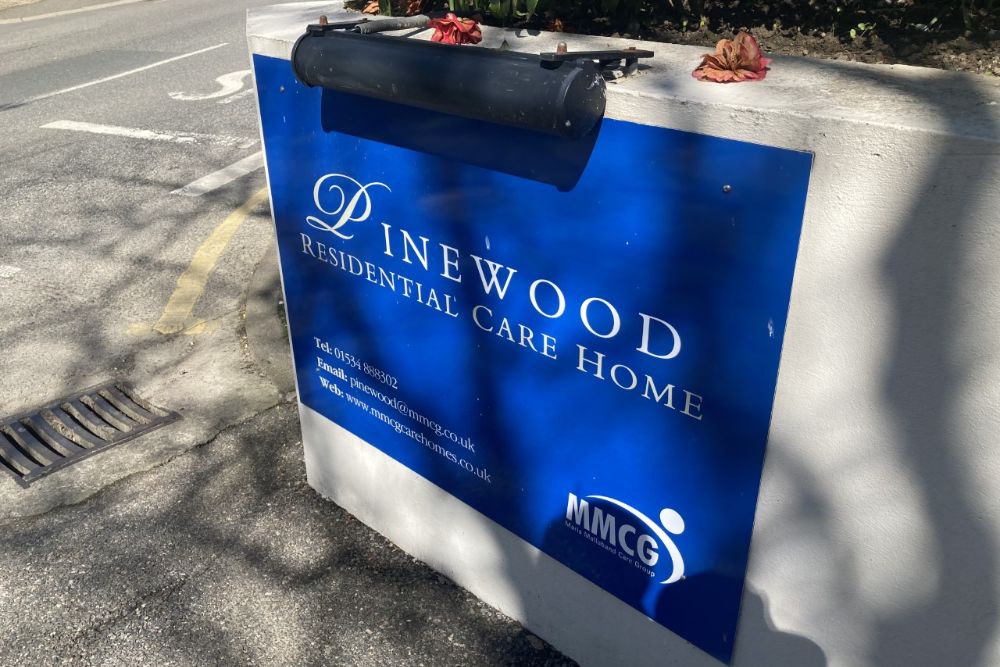
"You speak to them (visitors) on the phone or they drop things off at the door so you would get to see them still, but it was nice because the home was quiet without people coming in and out.
"It's busier now because there's more phone calls with people starting to come in. We';re getting to see everyone again, which is really lovely."
Visits and trips out of care homes are now allowed again as long as public health measures like distancing and wearing masks are followed.
Cases then reduced as the vaccination programme ramped up, with restrictions easing again gradually as part of Jersey's roadmap to recovery.
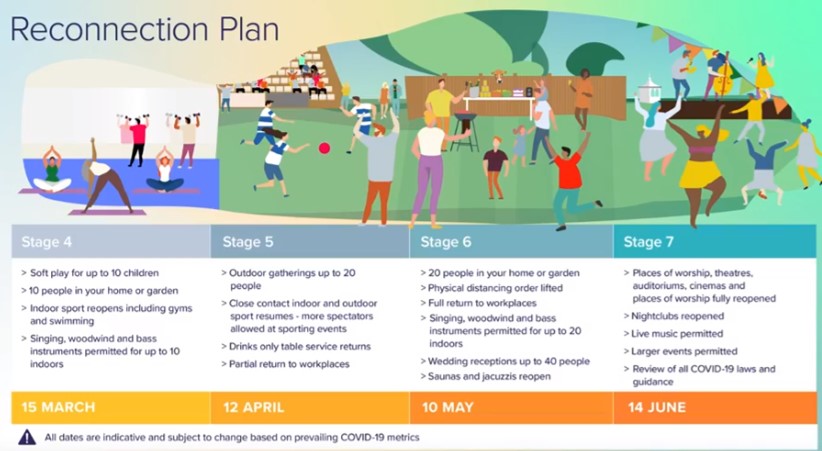
Jersey currently has five active cases of Covid-19.
Since Friday 26 March, 2 new cases have been identified. (1 through inbound travel and 1 while an individual was seeking healthcare).
— Government of Jersey (@GovJersey) March 29, 2021
The number of active cases in the Island is 5.
2 cases are symptomatic and 3 cases are asymptomatic. None of these cases are in hospital (-1). pic.twitter.com/WzUNjDTRaI
Ms Naylor says the island has made some really good steps over the last 12 months to keep islanders as safe as possible from the threat of Covid-19.
"Whether that was building additional capacity right at the beginning of the first wave with the extra beds at the Nightingale wing, then you look at what we did as an island in terms of our test and trace programme - that was really stepped up very quickly and is a very comprehensive programme now with regular workforce screening as well that really helps to keep on top of any cases that come to the fore."
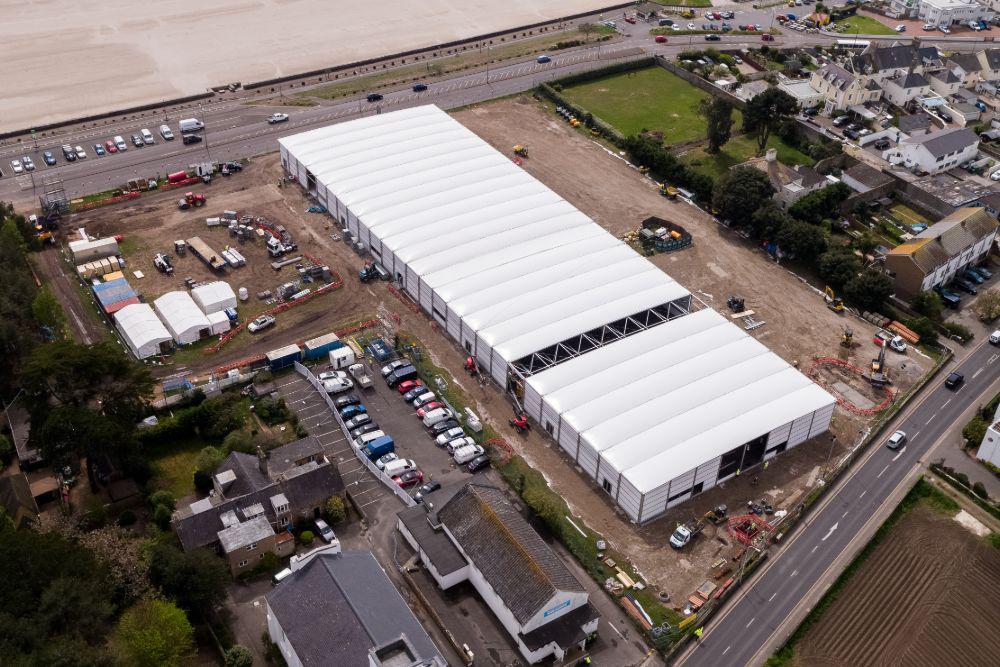
More than 55,000 vaccine doses have been given administered to protect islanders from Covid-19.
The Chief Nurse has paid tribute to islanders for working together, but calls for continued vigilance.
"I do think that, as measures lift, we do need to respect those measures and not go all out with a big bang straight away, much as we're all tempted to do that!"
It's hoped that all restrictions can be eased from 14 June.


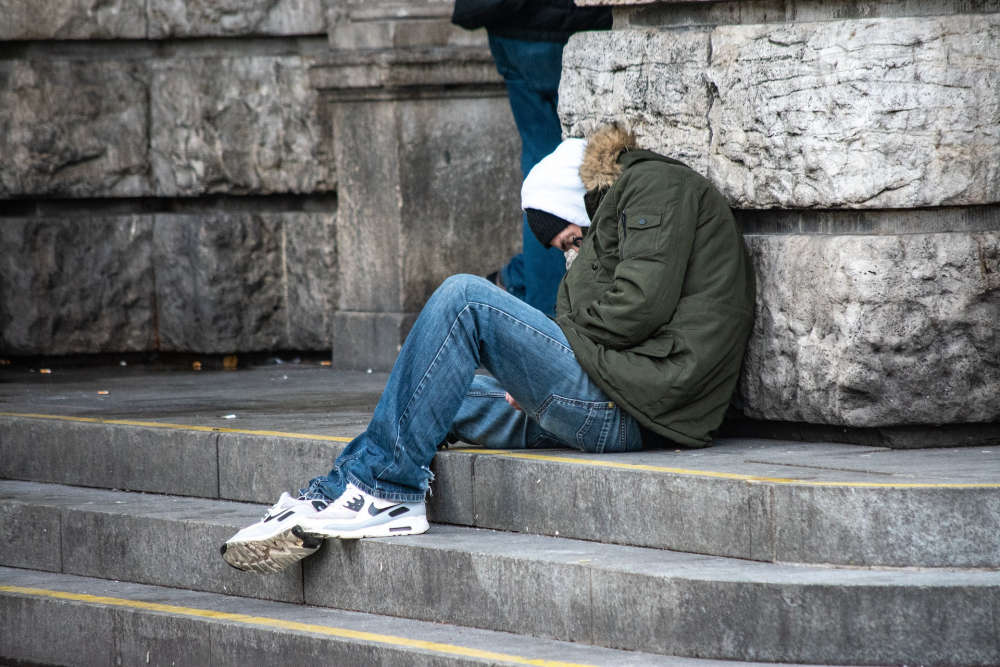 The split between working and non-working Jersey homeless is nearly 50/50
The split between working and non-working Jersey homeless is nearly 50/50
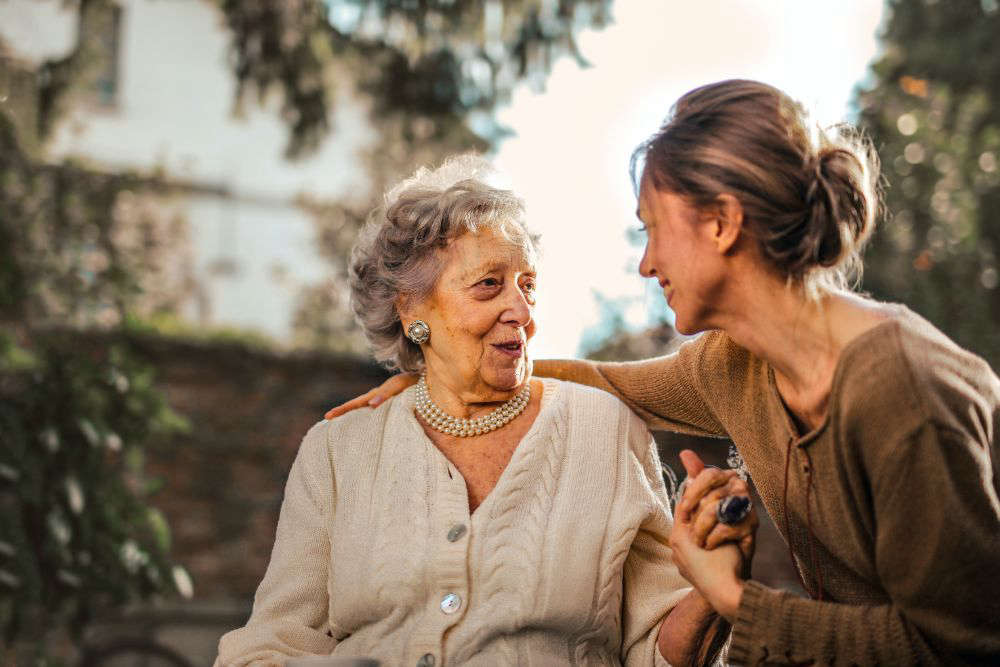 Carers offered free training sessions for dementia
Carers offered free training sessions for dementia
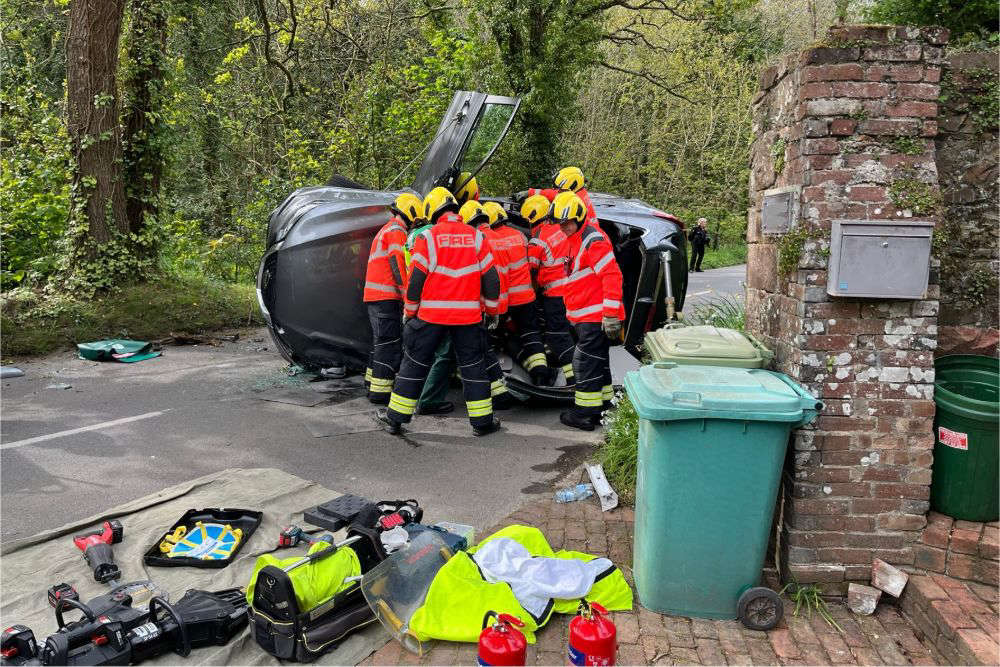 Firefighters save two islanders from serious St Peter car crash
Firefighters save two islanders from serious St Peter car crash
 New Channel Islands catamaran tests well in choppy seas
New Channel Islands catamaran tests well in choppy seas
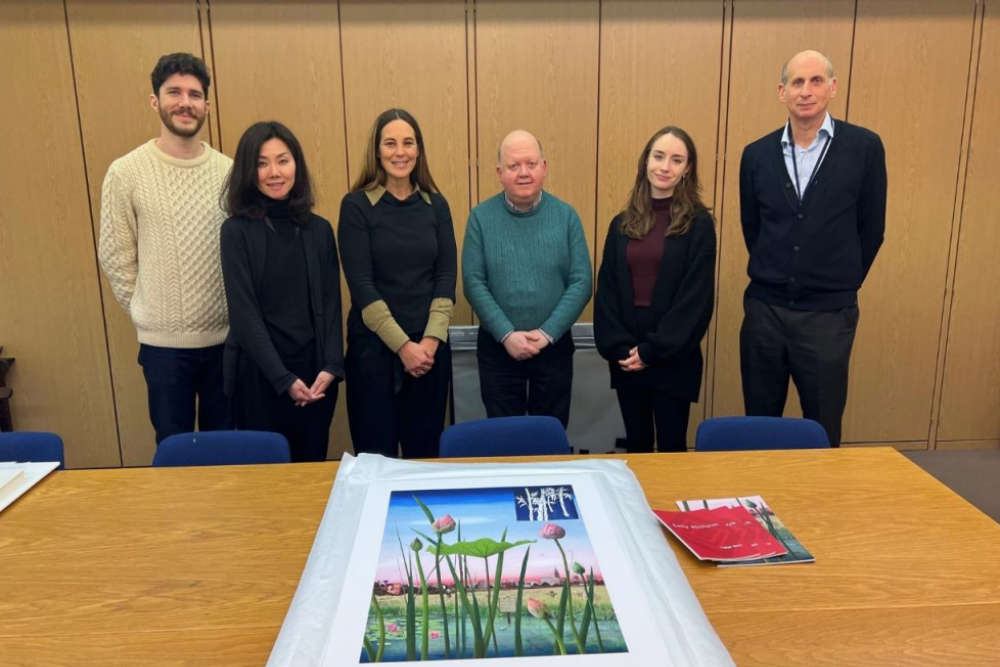 Jersey-born artist's work exhibited in the British Museum
Jersey-born artist's work exhibited in the British Museum
 Jersey Hospice opens new chairty shop out east
Jersey Hospice opens new chairty shop out east
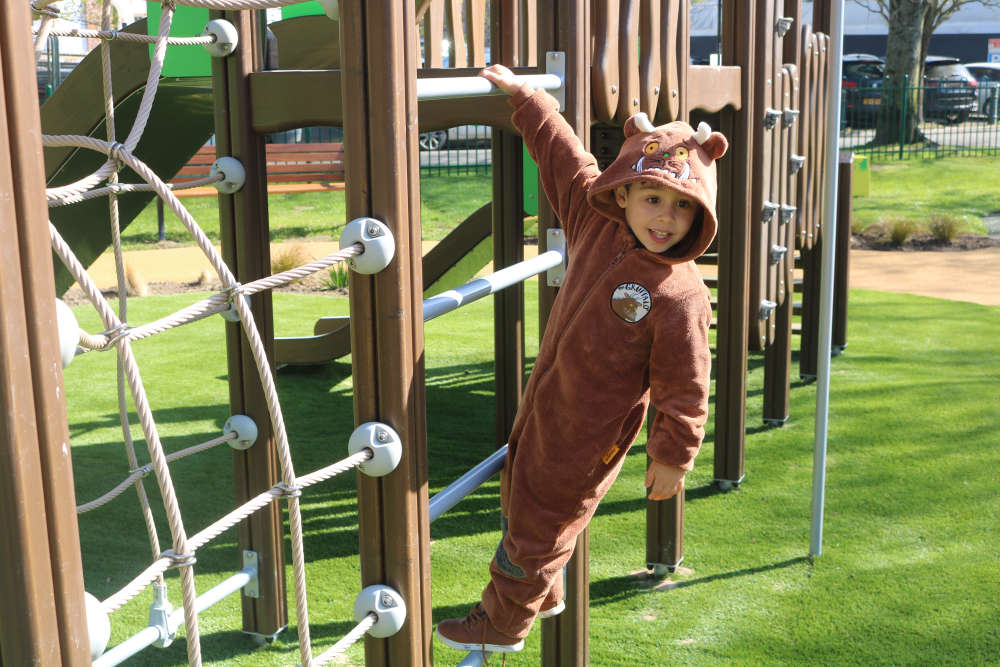 FIRST LOOK: New Parade Gardens playgrounds open two weeks early
FIRST LOOK: New Parade Gardens playgrounds open two weeks early
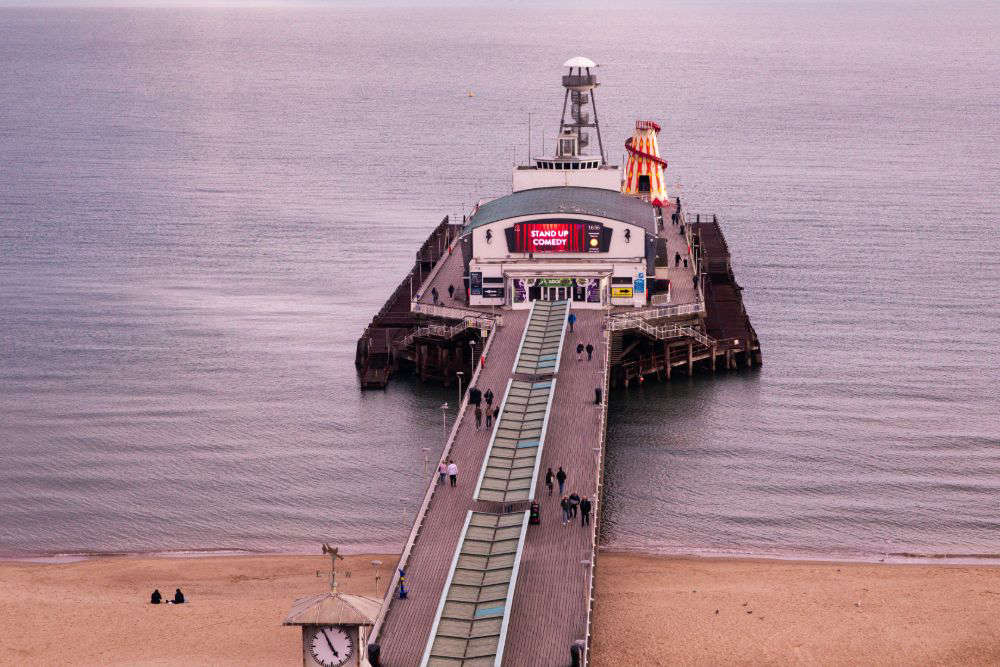 Bournemouth on the cards for 2026
Bournemouth on the cards for 2026

